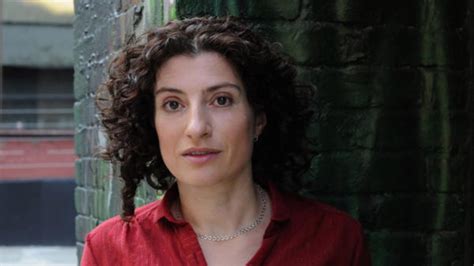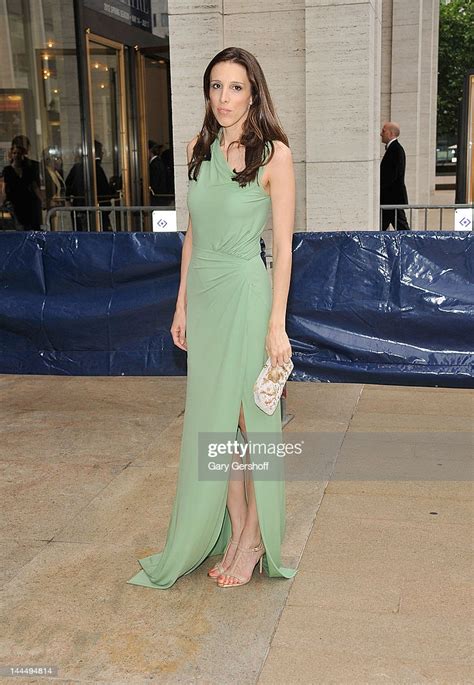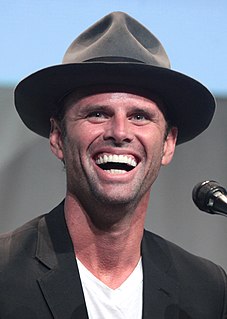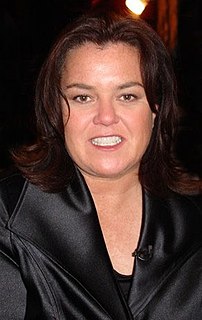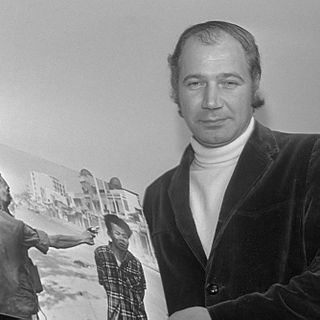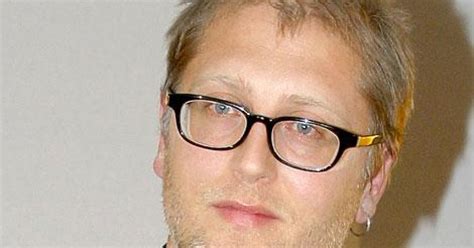A Quote by Miranda Otto
Writers would hate me saying this, and I love words, but I have to say that cinema exists, on one level, for the power of the big image and what that image does.
Related Quotes
To Whom does our God say, 'in our image' (Gen. 1:26), to whom if it is not to Him who is 'the brightness of His glory and the express image of His Person' (Heb. 1:3), 'the image of the invisible God' (Col. 1:15)? It is then to His living image, to Him Who has said 'I and My Father are one' (Jn. 10:30), 'He who has seen Me has seen the Father' (Jn. 14:9), that God says, 'Let us make man in our image'.
I make one image—though 'make' is not the right word; I let, perhaps, an image be 'made' emotionally in me and then apply to it what intellectual & critical forces I possess—let it breed another, let that image contradict the first, make, of the third image bred out of the other two together, a fourth contradictory image, and let them all, within my imposed formal limits, conflict.
Isn't it human beings who impart vitality to the image in the temple? If no one sculpts the stone, it doesn't become an image. If no one installs it in the temple, it does not acquire any sanctity. If no worship is done, it does not acquire any power. Without human effort there cannot be any temples. What is wrong then in saying that we should view great masters as equal to God? Temples installed by such spiritual masters have a special energy of their own.

